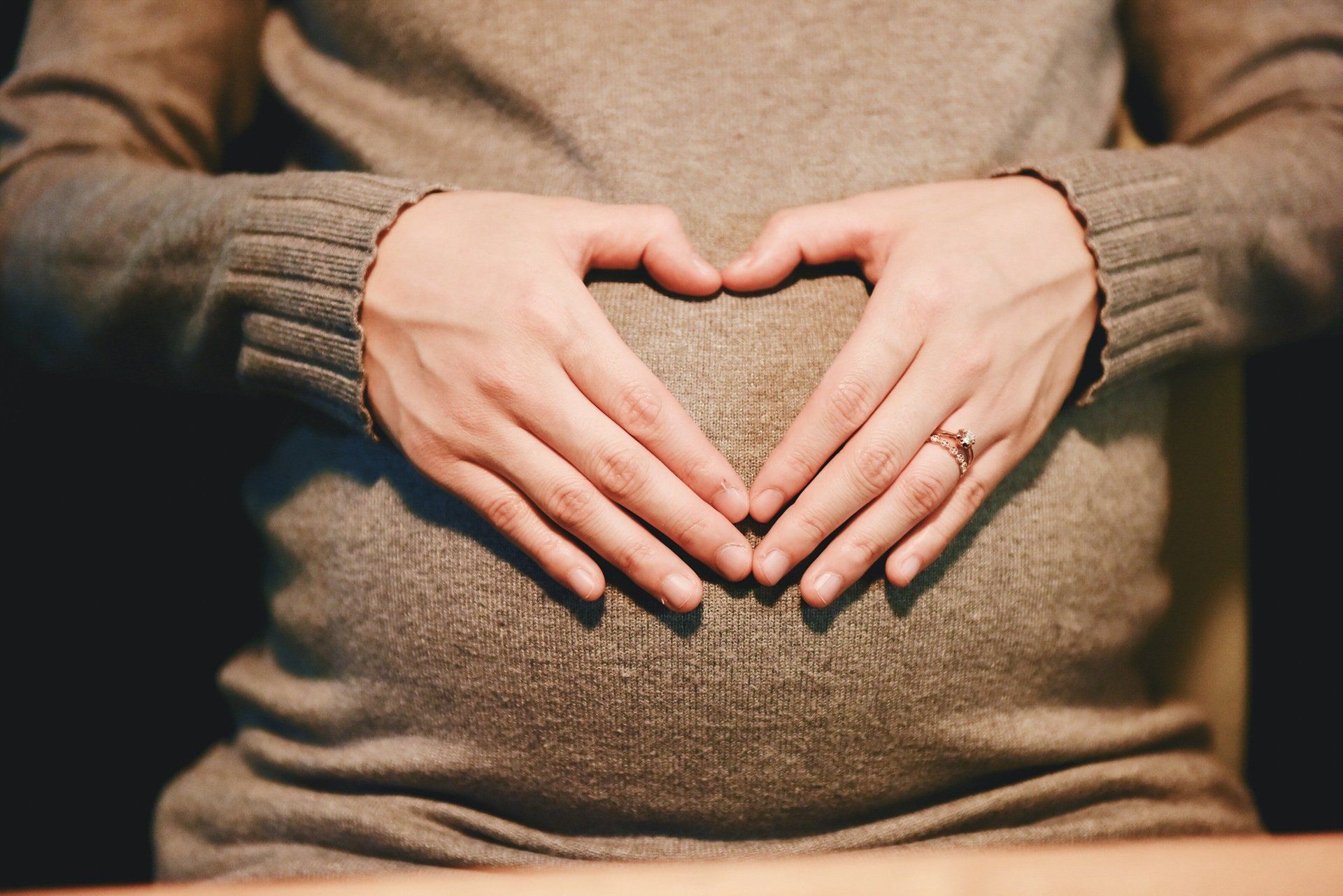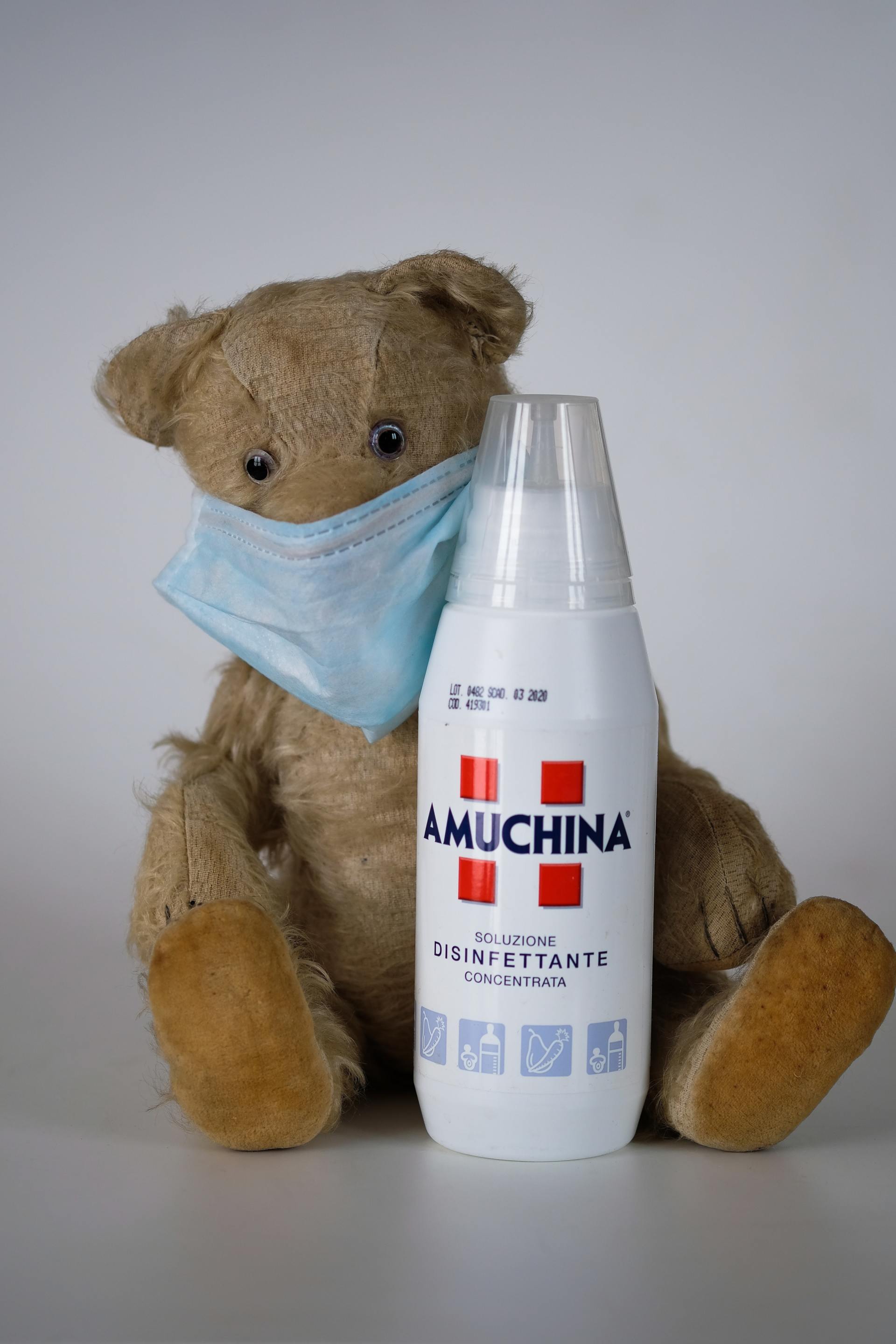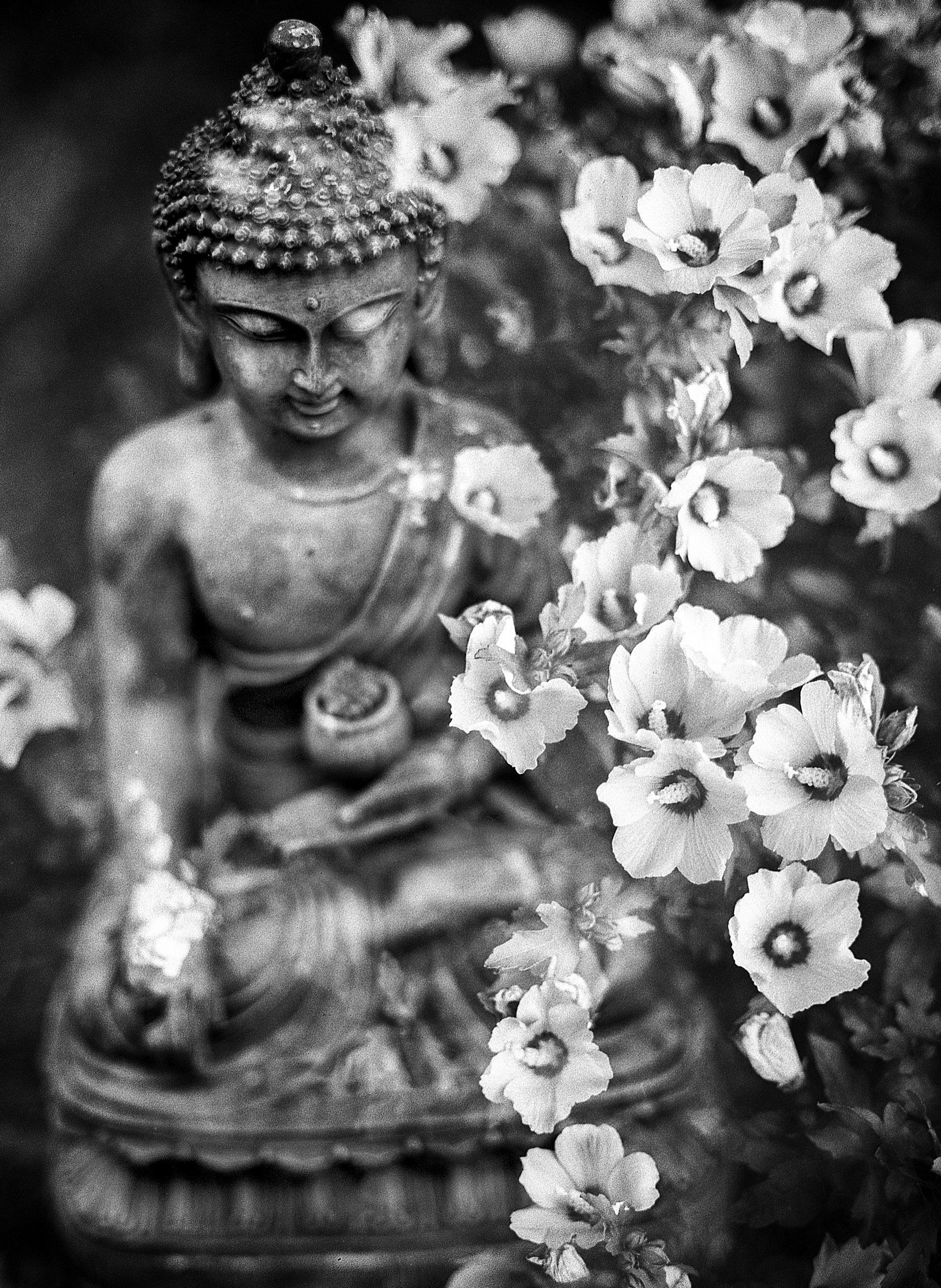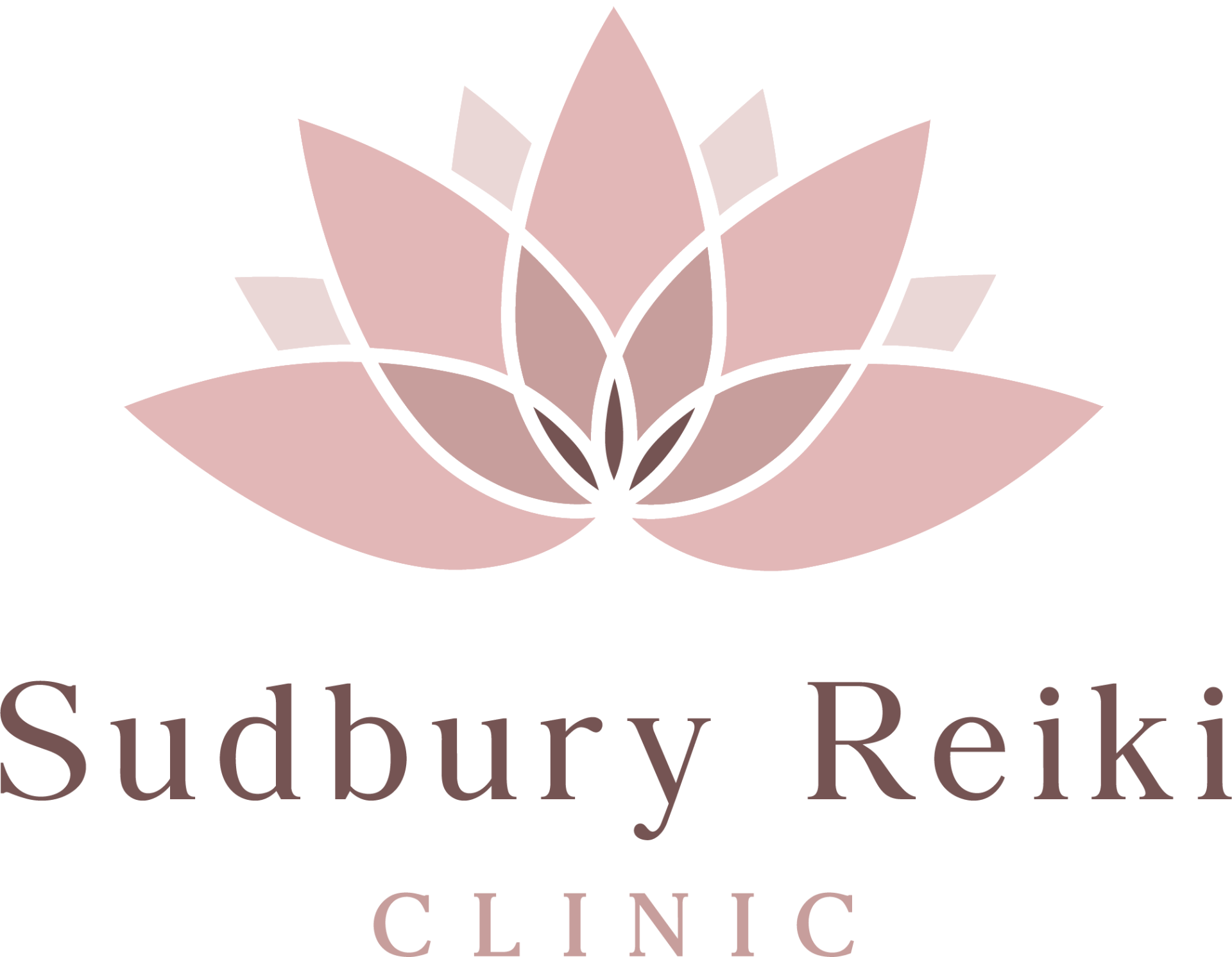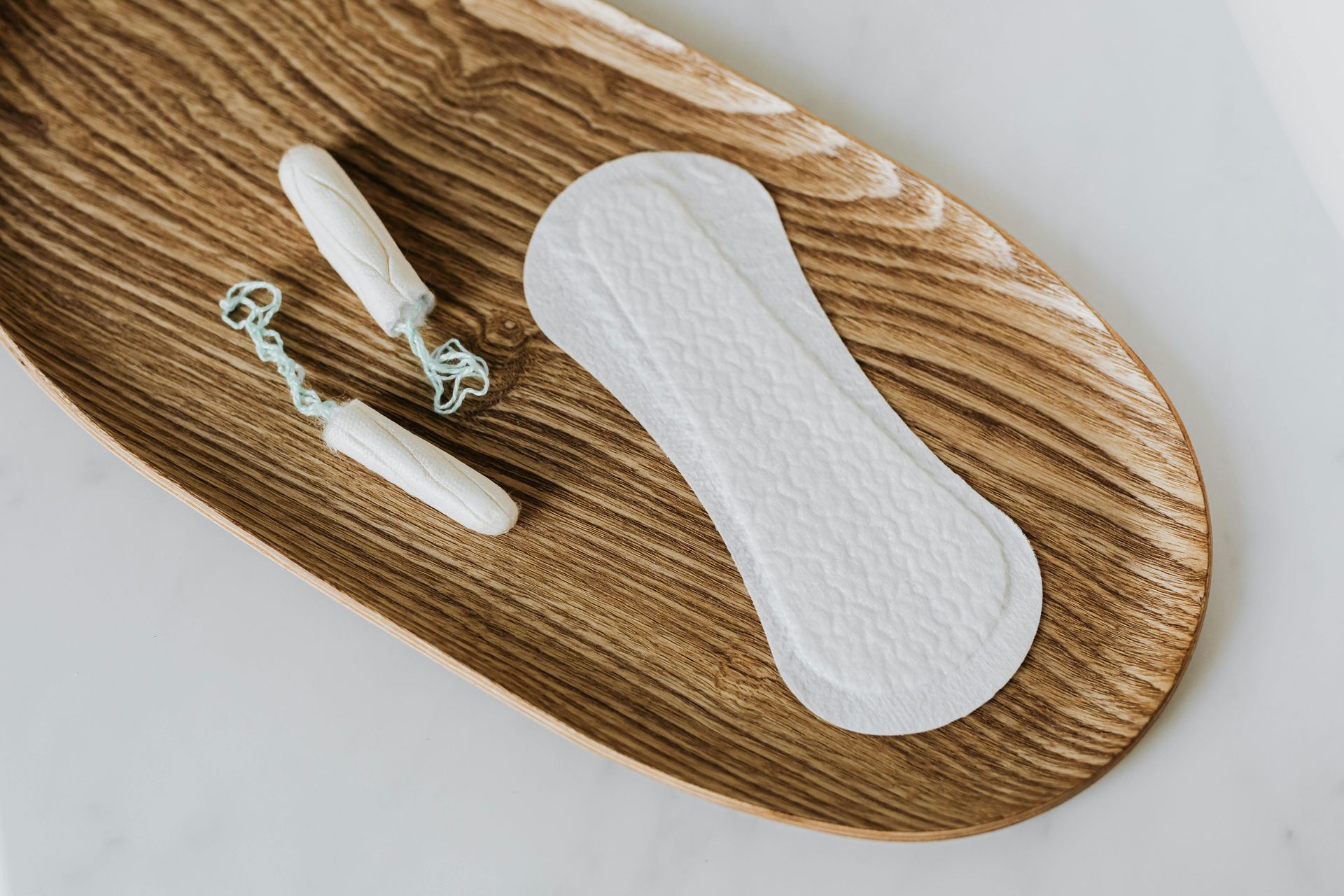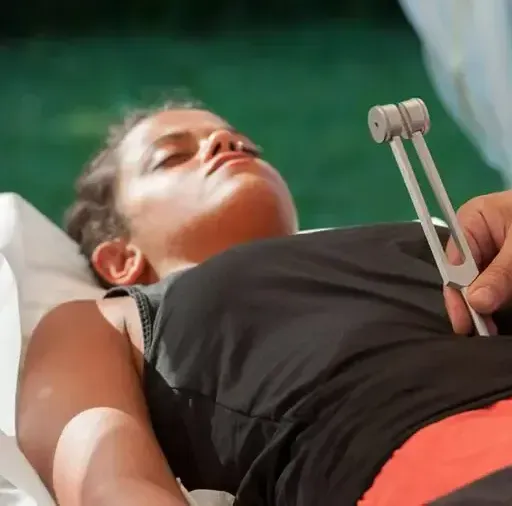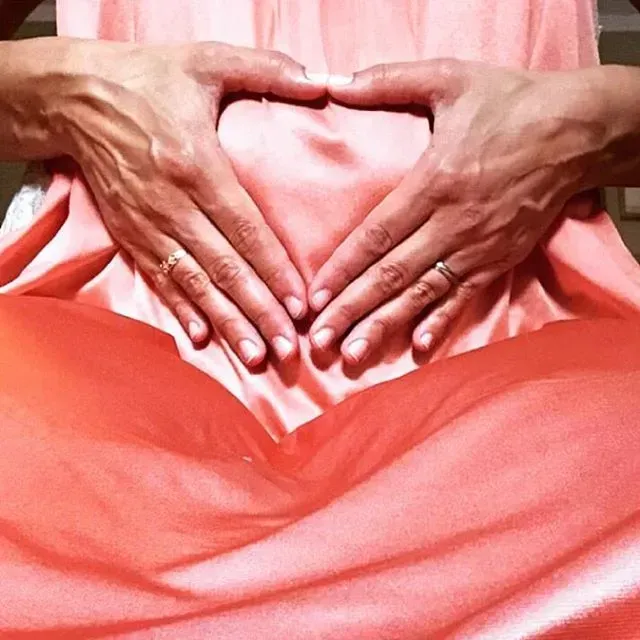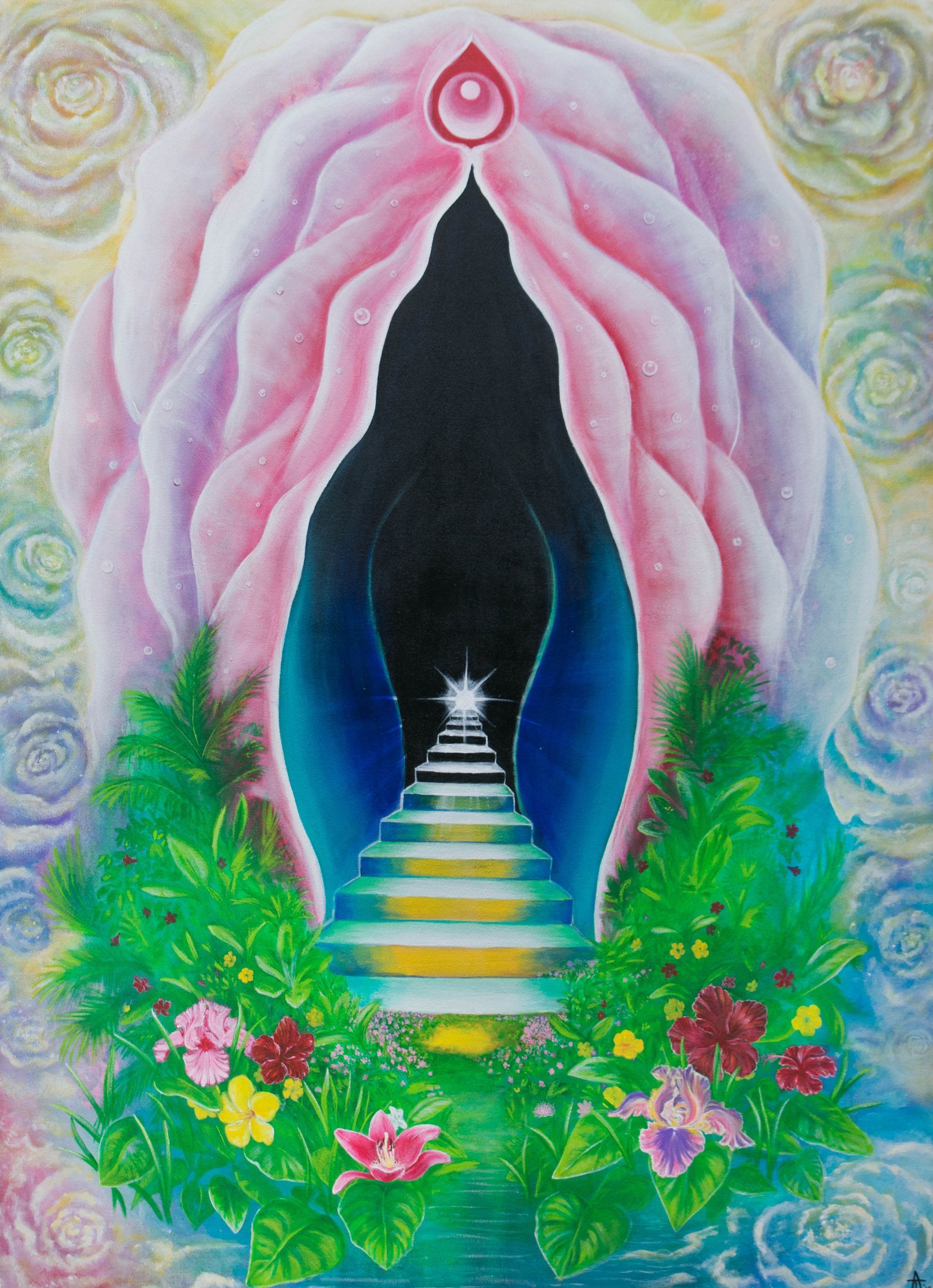Western vs. Eastern Womb Healing
A Holistic Approach to Optimal Womb Health

Womb health is a vital aspect of overall well-being for women, and throughout history, various cultures have developed unique approaches to care for this sacred space. Two primary methods that have emerged are Western and Eastern womb healing practices. While both offer valuable insights, integrating the two can provide a comprehensive and powerful approach to optimizing womb health.
Western Womb Healing: Scientific Understanding and Therapeutic Practices
In Western medicine, womb health is often approached through a scientific, clinical lens. This includes diagnosing and treating physical conditions like endometriosis, fibroids, PCOS (polycystic ovary syndrome), and menstrual irregularities. Western practices focus on the anatomy and physiology of the womb, utilizing diagnostic tools such as ultrasounds, blood tests, and hormone screenings to understand and address underlying conditions.
Treatment options in the West often include medications, surgical procedures, and hormone therapy to manage symptoms or resolve health concerns. For example, pain relief for menstrual cramps may involve over-the-counter medications, while more severe issues may require surgical intervention or the use of birth control.
However, while Western medicine is highly effective in treating physical ailments, it often overlooks the emotional, energetic, and spiritual components of womb health. This is where Eastern practices can provide a complementary approach.
Eastern Womb Healing: Energy, Balance, and Connection
Eastern womb healing, found in traditions like Traditional Chinese Medicine (TCM), Ayurveda, and energy healing practices, emphasizes a holistic approach. In these traditions, the womb is not just a physical organ but also an energetic center that is deeply connected to the body, mind, and spirit.
In TCM, for example, the concept of Qi (or life force energy) plays a central role. The womb is viewed as a reservoir of feminine energy, and any imbalance in the flow of Qi can manifest as physical discomfort or emotional distress. Practices like acupuncture, herbal medicine, and energy work are used to restore balance and encourage the free flow of Qi to the reproductive organs.
Ayurveda, the traditional medicine of India, also emphasizes the importance of balancing the body’s energies (doshas). For women, womb health is closely tied to the concept of “yoni” (sacred feminine space), and Ayurvedic practitioners use herbal remedies, dietary changes, yoga, and meditation to support menstrual health and fertility.
Energy healing practices, such as Reiki and sound healing, also play a key role in Eastern womb care. These therapies focus on clearing energetic blockages and releasing emotional traumas that may be stored in the womb space, creating a sense of deep healing and restoration.
The Power of Combining Western and Eastern Approaches
While both Western and Eastern approaches have their strengths, combining them offers a well-rounded path to optimal womb health. Here’s how the two can work together:
Physical and Emotional Healing: Western medicine can address the physical aspects of womb health, such as hormonal imbalances and reproductive conditions, while Eastern practices can help release emotional blockages stored in the womb. Techniques like Reiki and energy healing can clear stagnant emotions or traumas, creating space for physical healing to take place.
Holistic Balance: Eastern practices like acupuncture, Ayurvedic herbs, and yoga can help balance the body's energy, enhance circulation to the reproductive organs, and support overall vitality. These practices can be used alongside Western treatments to improve the body’s response to medical interventions.
Mind-Body Connection: Combining the two approaches helps women reconnect with their bodies on a deeper level. Eastern practices emphasize mindfulness, meditation, and body awareness, allowing women to develop a better understanding of their womb health. This self-awareness can complement Western medical treatment by helping women manage stress, improve lifestyle habits, and optimize their reproductive health.
Preventative Care: While Western medicine often focuses on treatment after a condition has manifested, Eastern practices prioritize prevention and maintaining balance. Incorporating practices like yoga, breathing exercises, and self-care rituals can help prevent womb health issues from arising in the first place, empowering women to take an active role in their well-being.
Embracing the Sacred Feminine: Both Western and Eastern healing can be enhanced by incorporating practices that honor the sacredness of the womb. For example, combining Western fertility treatments with Eastern practices like yoni steaming, womb aromatherapy, and the use of womb drums can create a nurturing, empowering experience that supports both physical and emotional healing.
Conclusion: A Comprehensive Approach to Womb Health
Womb health is complex and deeply interconnected with every aspect of a woman’s life. By combining the scientific insights of Western medicine with the holistic practices of Eastern healing traditions, women can access a full spectrum of care. This integration offers not only physical healing but also emotional and spiritual restoration, empowering women to reclaim their wombs and their feminine energy.
If you're interested in exploring a holistic approach to womb healing, consider incorporating practices such as Reiki, energy work, yoni steaming, and herbal remedies alongside any medical treatments you may be receiving. This fusion of Eastern and Western practices can support optimal womb health and help you embrace a more balanced and empowered life.
Important Reminder:
Please remember that if any holistic practitioner, who is not a doctor, suggests that you no longer need to seek care from a medical professional or stop taking prescribed medications, it is essential to exercise caution and seek a second opinion. In my Reiki training, we are explicitly taught that we cannot advise clients to forgo medical treatment or discontinue any prescribed medications. Our role as holistic practitioners is to offer supportive, complementary healing alongside your existing medical care. Always prioritize your health and consult with your doctor for medical advice. We are here to support your overall healing journey, not replace conventional medicine.
